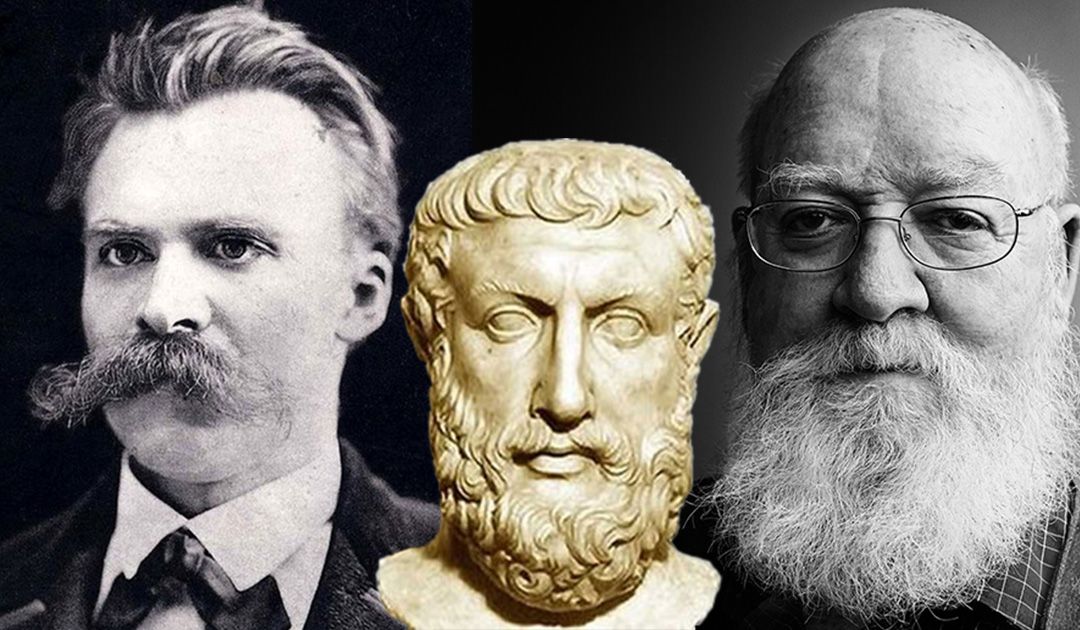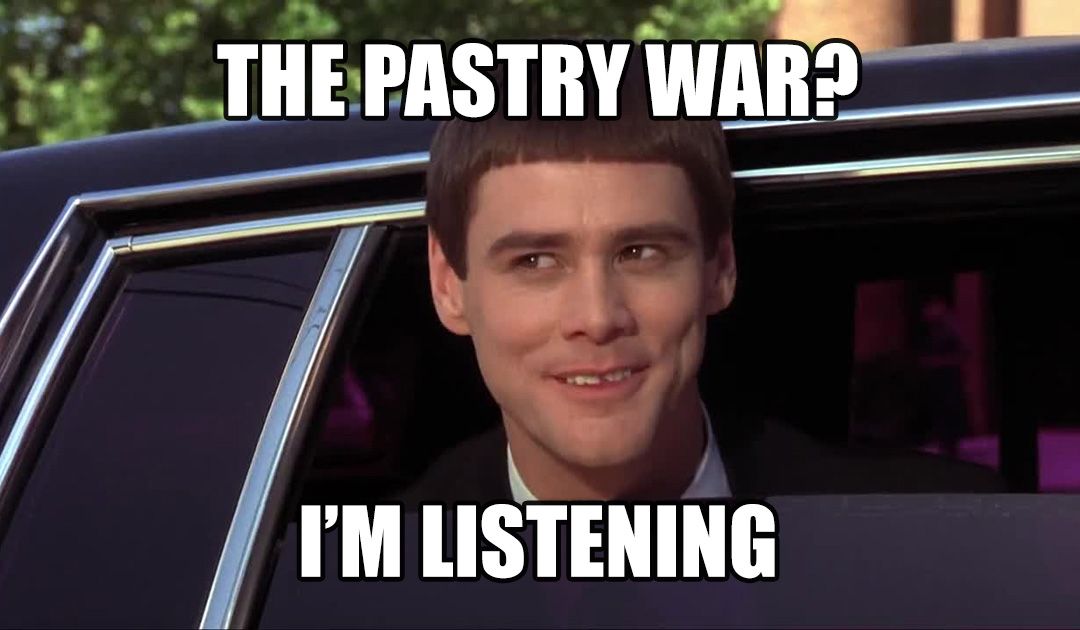Philosophy Book For Beginners
I recently contributed to the following question: what are some of the best books for beginners of philosophy? This is kind of loaded question–are you looking to get "into" philosophy? Are you trying to figure out or define what philosophy is? Are you just looking for something that will make you think about life and your place in it?
Philosophy can be an intimidating subject, especially since everything we know at its highest level is a philosophy. For instance, a Ph.D. is short for Doctor of Philosophy. With an overwhelming number of disciplines and subjects to choose from, not to mention building philosophy's context by understanding its history which stretches way back to the ancients, beginners can be left with analysis paralysis. Greek philosophy set the stage of thought for western civilization; Heraclitus, Parmenides, Socrates, Plato, Aristotle—and nearly 3000 years later we’re still arguing about the same topics. And, truthfully, even with all of the techological innovation, very little has been solved.





